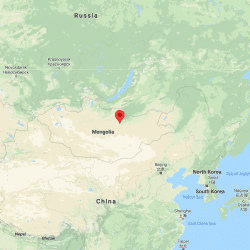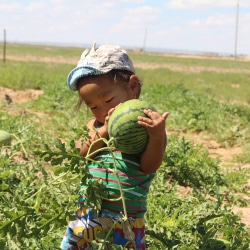
“In Mongolia, nomadic families face an uncertain future”
Erdenetuya Jambal
Far from the idealized notion harboured by many, the nomadic lifestyle in Mongolia is rife with uncertainty, challenges and marked by an everyday struggle for survival. FXB Mongolia’s program director Erdenetuya Jambal explains how FXB seeks to lift out nomadic families from the state of extreme poverty they live in.
The dire realities and challenges faced by Mongolia’s nomadic families – accounting for around 25-30% of the population – often remain in the background, distorted, belittled or simply ignored. At the forefront of the fight against poverty in the country, FXB is trying to change that by addressing the root causes of the inequalities faced by these herd families whose traditional lifestyle and very survival are under growing threat.
Usually moving three to four times a year throughout the country’s aimags, between lowlands to highlands to find good land for their livestock, the fate, lifestyle and livelihoods of nomadic families in Mongolia are deeply intertwined with the country’s soil and the passing of seasons. Most of those families’ survival largely depends on their livestock and herding – mainly of horses, sheep, cows or goats – which also provides them with much-needed wool or cashmere for the harsh winter months or to sell at local markets. For those reasons, they’re particularly vulnerable to any twist of fate.
A traditional lifestyle threatened
“Nomadic families do not live in complete isolation from the rest of society”, FXB’s program director in Mongolia Erdenetuya Jambal explains, far from it. But the economic boom experienced by Mongolia, often dubbed one of the fastest-growing economies in the world after decades of hardship in the aftermath of the Soviet Union’s collapse, has failed to benefit the poorer families still living in precarious conditions to this day.
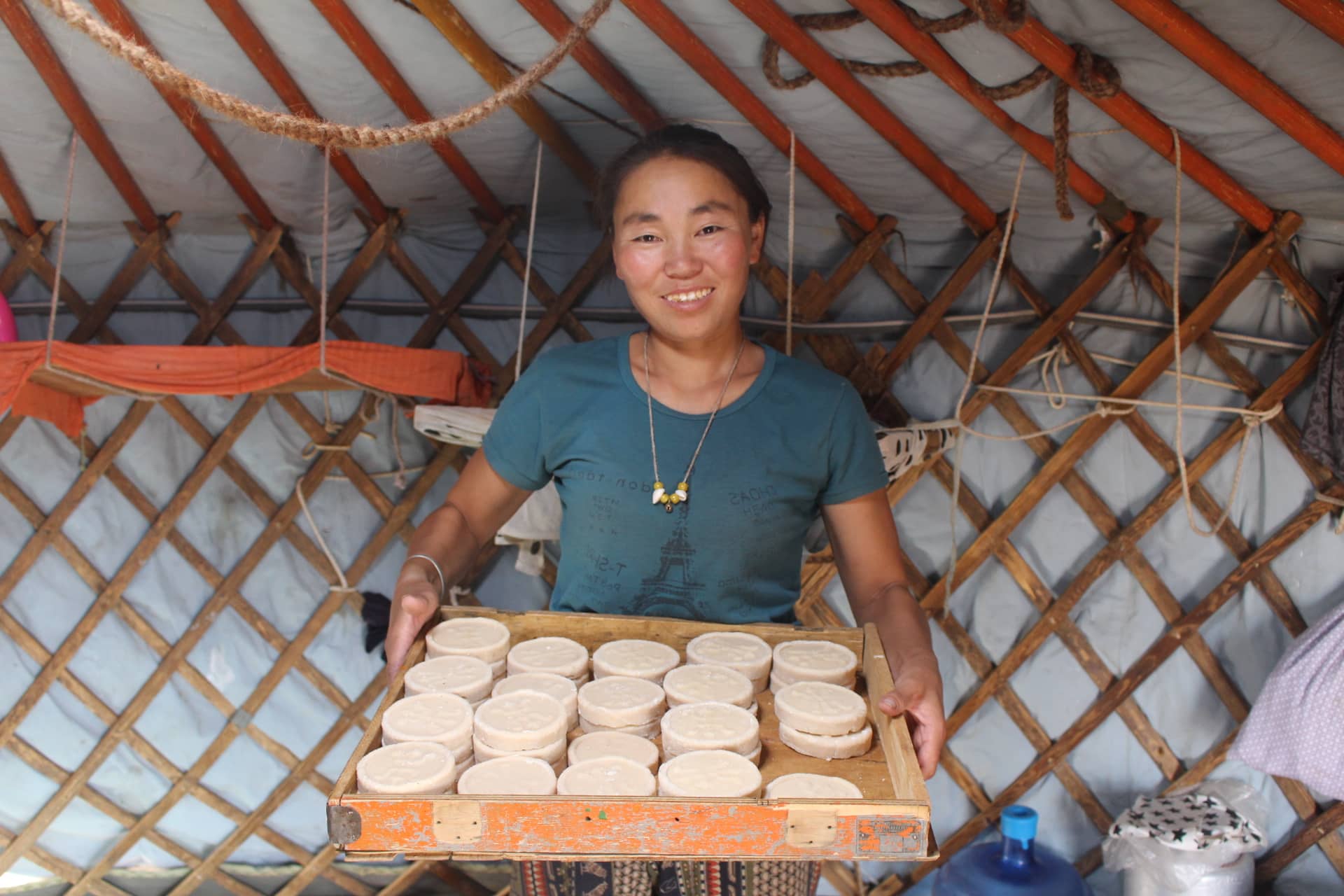
Due to lack of income and opportunities offered by their traditional lifestyle, many often end up forced to move in so-called ger districts – where the traditional nomadic accommodation is mixed with more permanent structures – the Mongolian equivalent of large slums located on the periphery of the capital Ulaanbaatar and other urban areas, and where the extreme poverty rates reaches alarming levels.
A lack of coherent planning in a country where mining alone accounts for nearly one-third of national GDP has left many nomadic families on the margins, struggling to make ends meet while the wealth gap with the rest of the population kept widening and extreme weather conditions pose a growing risk to their lifestyle.
That’s where FXB Mongolia comes into play. “Our FXBVillage programs in Mongolia cater to the poorest and most vulnerable families, some of them nomadic and others not”, explains Erdenetuya Jambal, a former Mongolian language teacher who joined the organization five years ago impressed, in her own words, by the “efficiency” of the poverty alleviation methodology designed nearly thirty years ago.
Beyond the financial aspect
“People often think like this: ‘If I had one million dollars, what would I do and how would my life change?’ But that’s absolutely unrealistic”, she points out. “One of the main reasons that made me want to join FXB was to see how big an impact on the lives of poor families could be achieved with so little. In only three years, people who had almost nothing can provide for their entire families and become agents of change within their communities.” The ability to develop a so-called ‘income-generating activity’ is not the only upside from FXB programs for nomadic families. “Many herd families in Mongolia still lack the most basic information about their rights, for example about what kind of government support they’re entitled to. They didn’t know they were able to get a health insurance, and therefore didn’t go to hospitals simply because they were not sure how it worked. Our programs address all of these issues”.
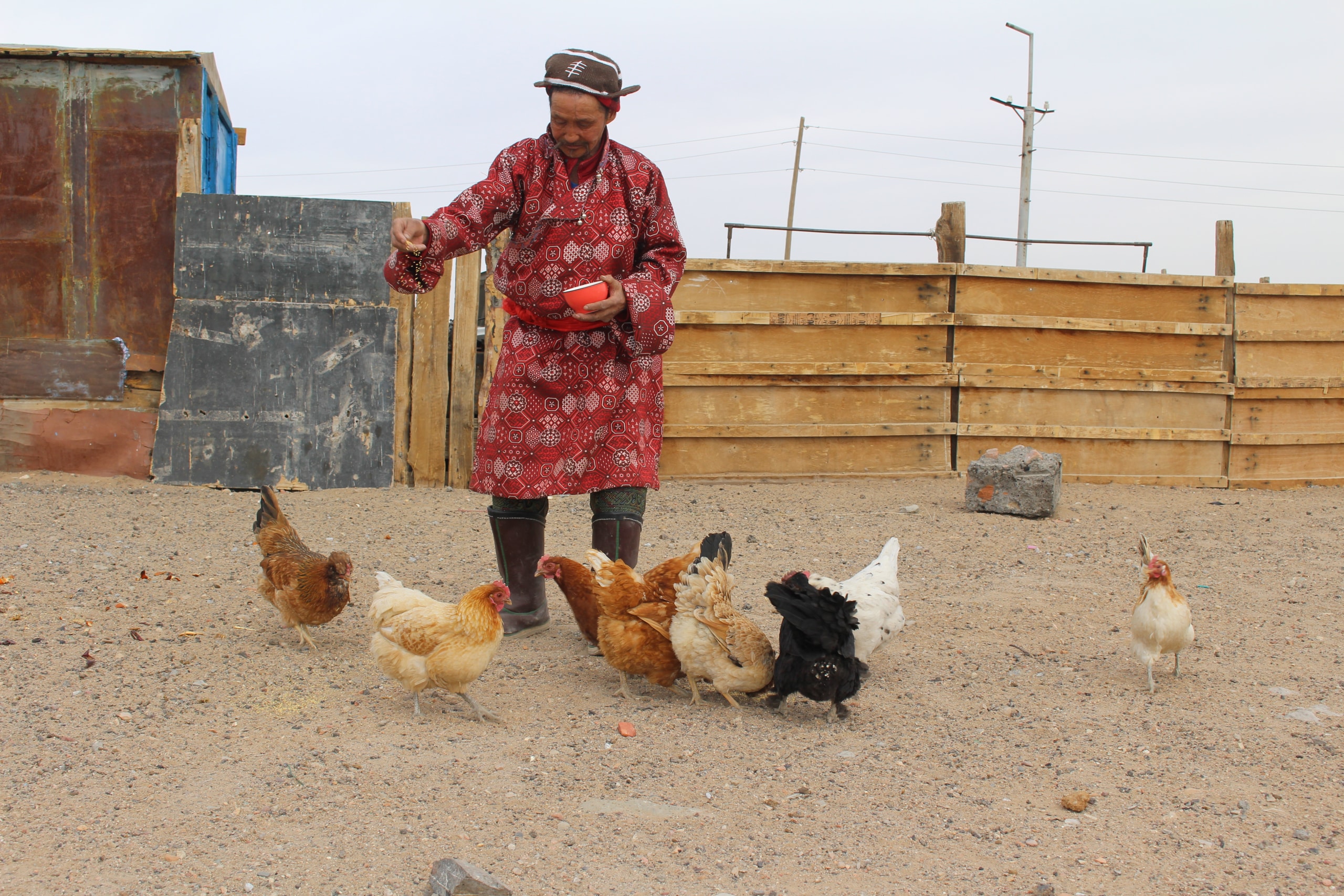
Considering the multiples challenges faced by Mongolia’s nomadic families, this support is essential, and has become even more so in the age of COVID-19. “Neighbouring China, Mongolia’s lockdown started at the end of 2019 and has recently been prolonged – at least – until the end of the month”, Erdenetuya explains. “This makes us unable to conduct normal training sessions or do home visits with our beneficiaries. We nevertheless always try to remain in contact, when possible, with families, and provide them with a set of indispensable items, like school supplies, protective masks, hand sanitizers, etc.”
Mongolia’s education gap
But while many families were, even before, struggling to put food on the table, the coronavirus crisis only made things worse. “Thankfully, many of our beneficiaries are still able to pursue at least part of their economic activity, and also have savings they can count on. Still, many nomadic families continue to face an uncertain future”, FXB’s program director comments, well aware however that the pandemic has taken a particularly harsh toll on Mongolia’s most vulnerable, including children from poorer families enrolled in FXBVillage programs.
In Mongolia, which offers free compulsory primary education from the age of 6, children from nomadic families are sent to dormitories to attend school: not only does this mean splitting the family at a young age, it also involves adapting to a whole new lifestyle, which many children struggle to do. As a result, many decide to delay attending school, or drop out earlier than their peers, leading to a de-facto education gap for many children of herd families.
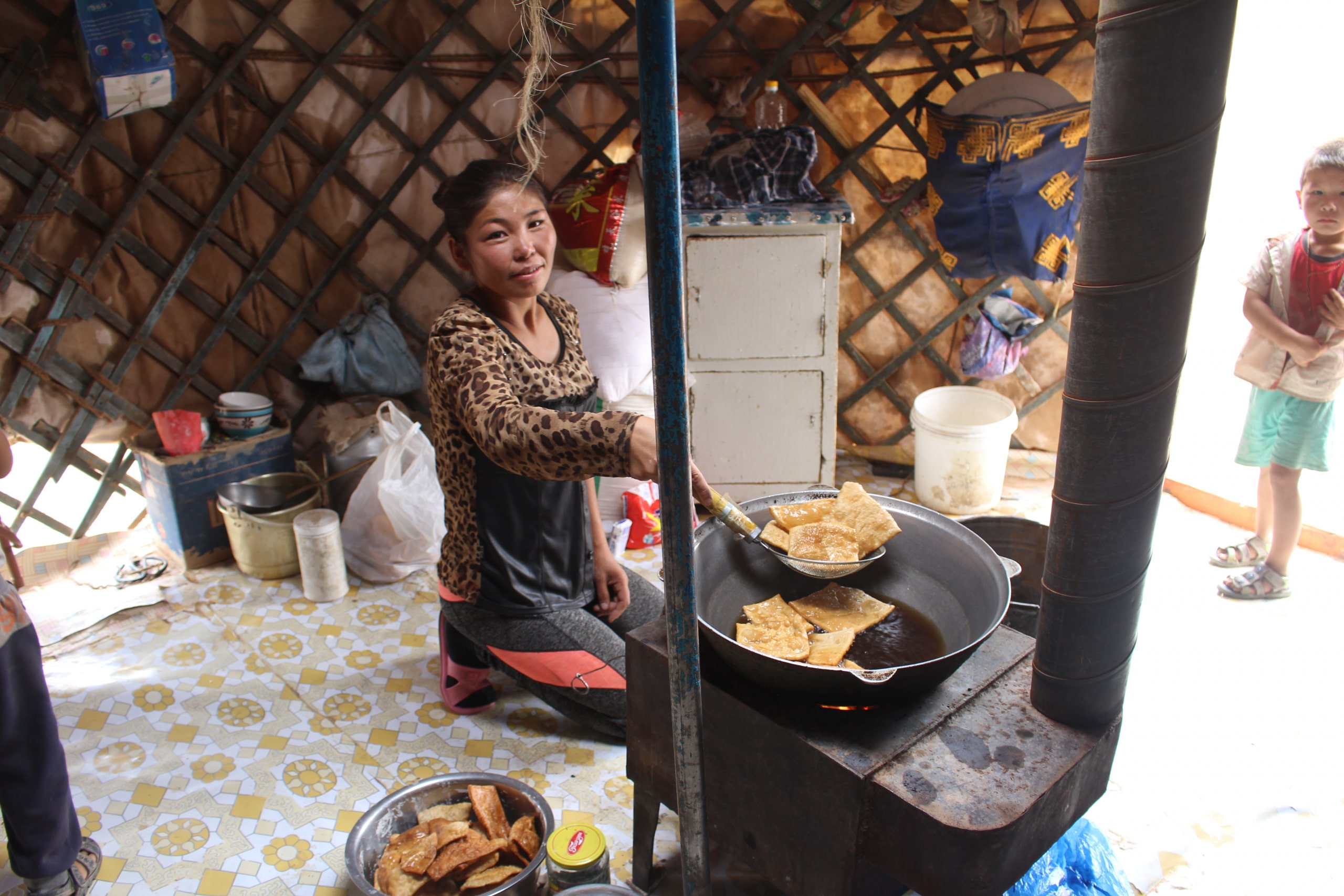
Breaking the cycle of poverty
But by addressing the root causes of extreme poverty, FXB programs are able to empower vulnerable people to break free and reach self-sufficiency despite these long-standing inequalities, as Erdenetuya explains, recalling the numerous stories of beneficiaries. “I often think about Eyeldeg, a mother of three whose entire three-generation family was living in the most destitute conditions. She had always wanted to do something to turn their life around, but was never given the opportunity… until she was selected in our FXBVillage program”, she tells us. “She was able to start her business and launch a whole array of different activities to support her family – including doing face-masks during lockdown with numerous styles and designs.”
The transformation was more profound than a mere boost in the family’s income. “Every time I see her, she tells me our program has given her hope. And more importantly, that while she used to spend most of her time at home, she’s now part of a community of other female entrepreneurs, all working together to improve their living conditions and prepare a better future for their children. That’s what it’s all about”.
